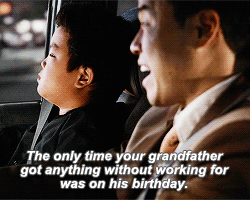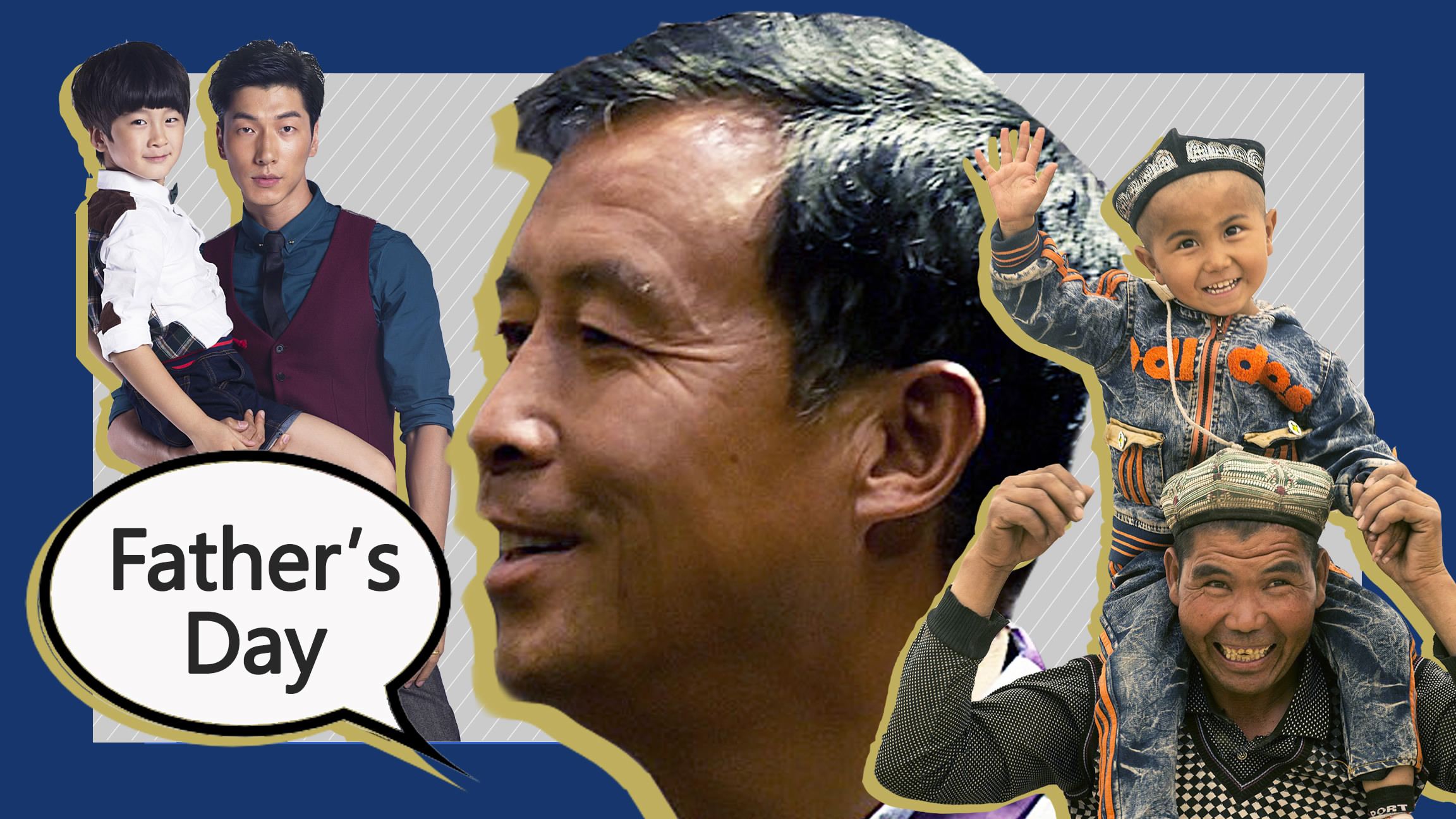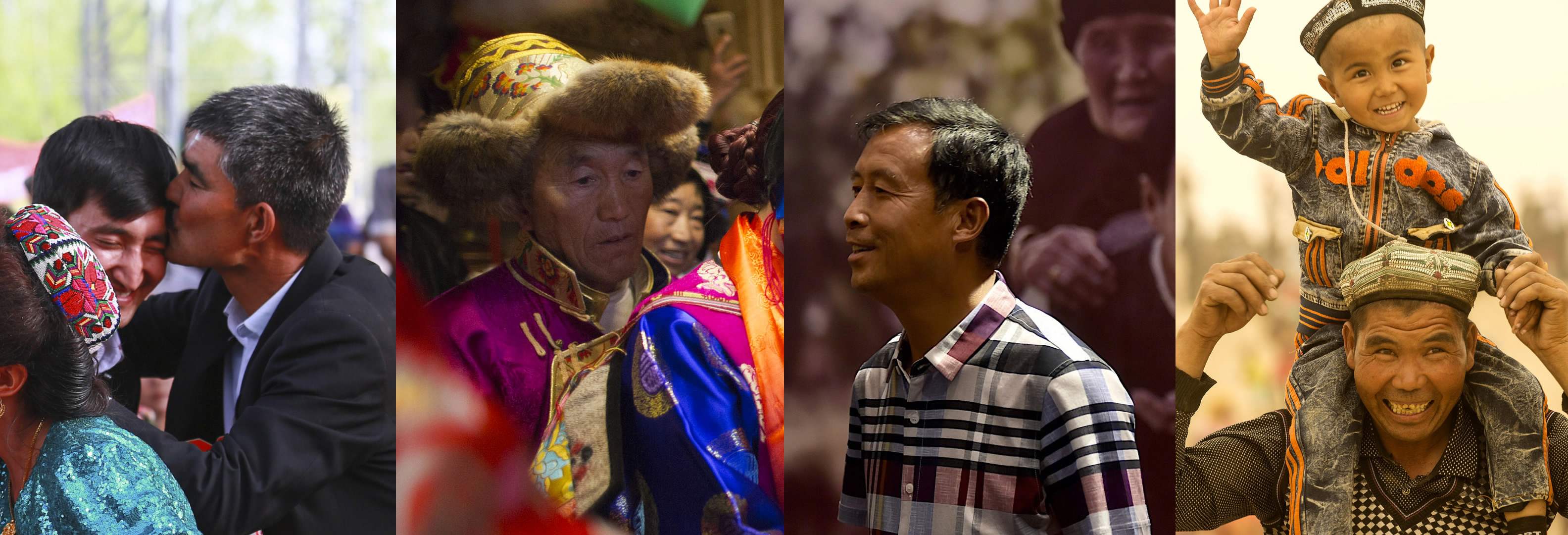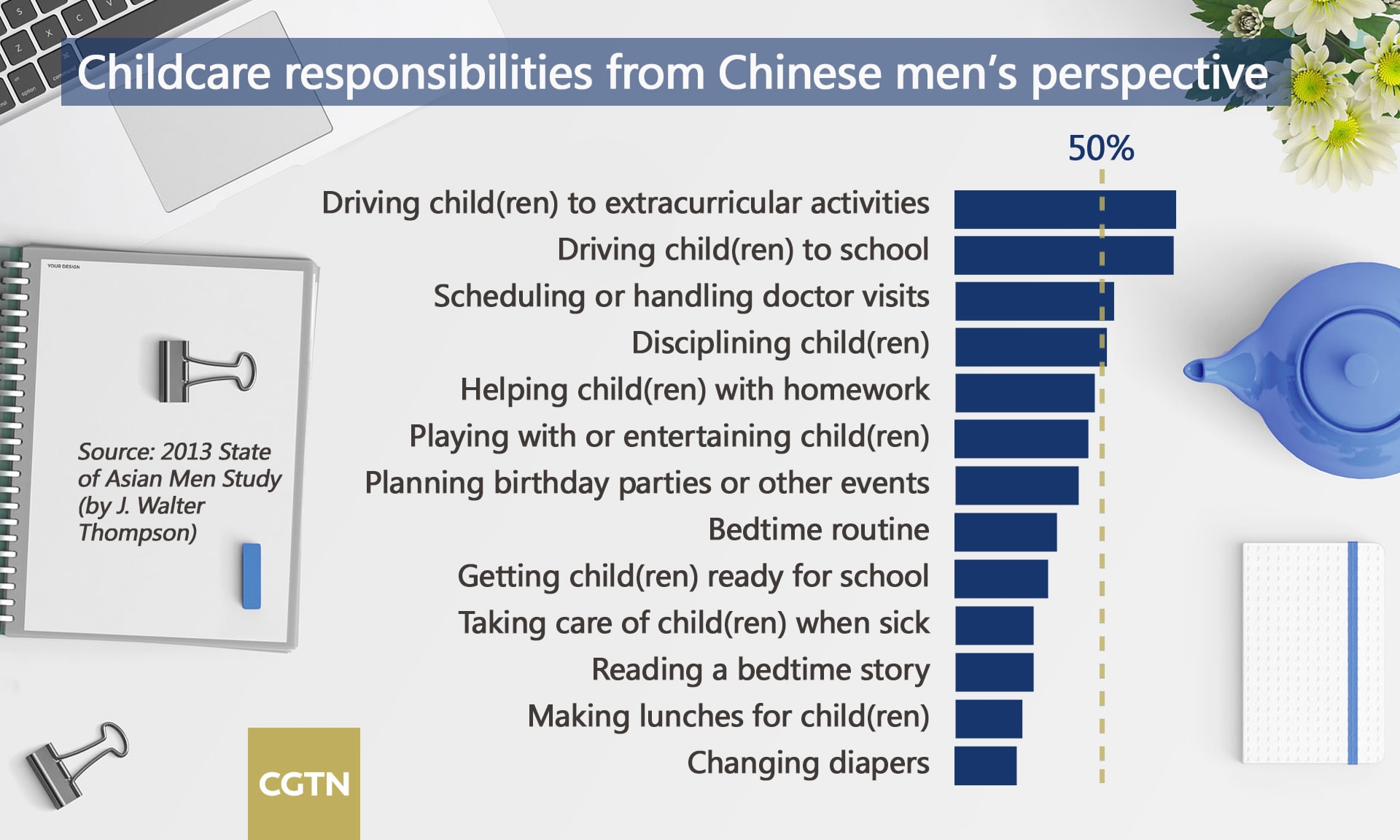Father's Day falls on June 18 this year. Originated in the US, the holiday is now a fixture in many other countries.
Wanting to know more about the men who raised us, we found eight things people probably did not know about Chinese fathers.
1. They are numerous
There is probably one Chinese dad in every five dads on the Earth.
The Chinese mainland has 686.85 million males in its population, according to the
2011 population census by the National Bureau of Statistics. Based on those figures, the mainland alone likely accounts for one-fifth of the world’s fathers.
2. They are diverse
The stereotypical inscrutable Chinese father is not what every dad in China is like now.
China has 56 ethnic groups including Han, Zhuang, Hui, Manchu, Hmong and others. The parenting style varies in each group due to the region inhabited, traditions and culture.
Not forgetting their ethnicity, parenting styles also rely on life experience, family influence, financial capability and many more factors. It is hard to generalize them in one or two sentences.
3. They let the wives handle the money
Voluntarily or not, Chinese men hand in their paychecks and let their wives keep the books.
According to a 2010 Mastercard survey, approximately 75 percent of Chinese households reported having the wives control the family budget.
People on Chinese social media often joke about how men could start their own piggy banks without getting busted.
4. They call dibs on carpool duty
In a survey conducted by advertising agency J. Walter Thompson in 2013, about 68 percent of Chinese men said it was their duty to drive the kid or kids to after-school activities. About 67 percent said they drive their kid or kids to school.
More than half of the respondents said their responsibilities also included handling doctor visits, and disciplining their child or children. Only 16 percent of them said they changed diapers for their tots at home.

In the ABC show Fresh Off the Boat, Louis Huang, an immigrant Chinese-American father played by actor Randall Park, talks about the tough old days with his son in the car. /Gif of the show from Giphy.com
In the ABC show Fresh Off the Boat, Louis Huang, an immigrant Chinese-American father played by actor Randall Park, talks about the tough old days with his son in the car. /Gif of the show from Giphy.com
5. They care about global issues
It is normal for parents to read about education and childcare related topics online, but those do not sum up Chinese fathers' reading habits.
The top three favorite topics of Chinese fathers are global issues, technology and business, according to
a report by Alibaba's UC Data on June 16. Fashion, surprisingly, ranks seventh on the list.
6. Their fashion aspirations do not match their buying habits
Speaking of fashion, Chinese dads do not always end up buying the clothing items they are eying online. According to Alibaba's report, the top three frequently searched fashion items of Chinese fathers are jeans, sunglasses and dress shirts, but the top three most frequent purchases are T-shirts, casual pants and down jackets.
7. Their facial hair says more about them than the hair

In Alibaba's report, Chinese fathers rate Chinese actor Deng Chao, famous actor and producer Huang Lei, and fashion model Zhang Liang as the top three most stylish celebrity dads. /VCG Photo
In Alibaba's report, Chinese fathers rate Chinese actor Deng Chao, famous actor and producer Huang Lei, and fashion model Zhang Liang as the top three most stylish celebrity dads. /VCG Photo
Chinese fathers think their overall look is affected most heavily by their facial hair, followed by the facial features, height, muscles, eyes, and hairstyles.
8. They receive mobile phones as gifts on Father's Day
On Father's Day, dads in China are most likely to receive mobile phones as a gift, followed by clothes and ties, according to a 2016 survey by UC Data. Young fathers ranging from 25 to 40 in age love Apple, and older fathers from 41 to 60 prefer Chinese brands like Huawei, UC reported this year.








